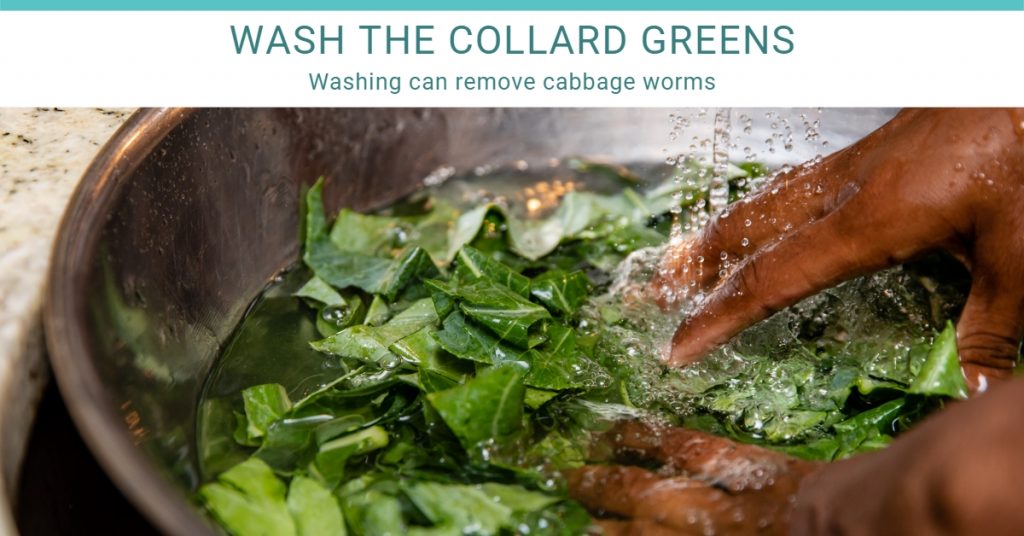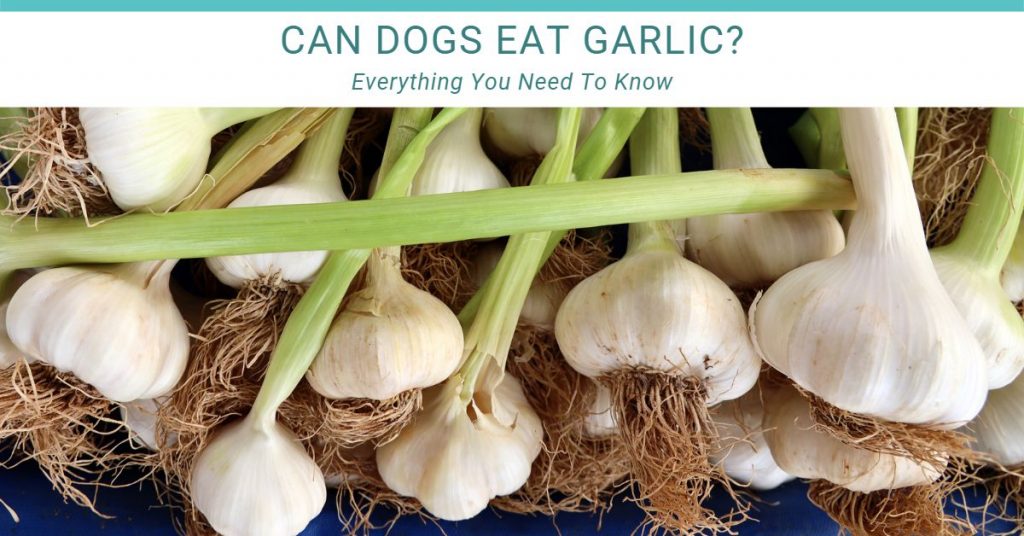Can Dogs Eat Collard Greens?
If you are curious if dogs can eat collard greens, this post is for you. We will dive into the health benefits of collard greens for dogs, how to feed them to your dog and any important considerations that you need to be aware of. By the end of this post you should be able to answer the question “can dogs eat collard greens”.
Yes, dogs can eat collard greens! Most dogs can safely eat collard greens, they can be a healthy snack. A healthy dog without any underlying conditions is safe to eat collard greens. Avoid feeding the dog large amounts of stems unless you want to walk the dog every hour or so. Let’s just say the excessive amount of fiber in the stems can cause some GI issues in your dog. There are some exceptions to this rule though. Dogs that have certain bladder and kidney issues should not be fed large amounts of collard greens due to the high Oxalate content.
Table of Contents

Health Benefits of Collard Greens For Dogs
Collard greens are a powerhouse of a vegetable packed with antioxidants. There was recently a study conducted on rats that shows collard greens have antihyperglycemic properties. This means that they can potentially help dogs that are suffering from diabetes.
Collard Greens are a member of the Brassica genus which also includes things like broccoli, cauliflower, kale, and brussels sprouts. As a result, they all offer similar amounts of fiber, vitamins, and minerals. A single cup of chopped collard greens(100g) contains the following vitamins and minerals:
| Name | Amount |
|---|---|
| Vitamin A | 15,000 IU |
| Vitamin C | 34.6 Mg |
| Vitamin E | 1.7 Mg |
| Vitamin K | 836 Mcg |
| Calcium | 266 Mg |
| Iron | 2.2 Mg |
Collard greens also contain trace amounts of copper, zinc, phosphorous, potassium, sodium, manganese, magnesium, folate, Vitamin B6, Vitamin B12, and both omega 3 & 6 fatty acids.
Can Dogs Eat Raw Collard Greens?
If you see your dog chewing on some collard greens in your garden, there is no need to panic. Dogs can eat raw collard greens safely in moderation.
If your dog does happen to eat a lot of them raw, expect to possibly see some GI issues. Too much can lead to vomiting and or loose stools. This isn’t due to any toxicity, it is because too many raw greens are not readily digestible by dogs. They lack the enzymes that are needed to truly break down plant materials. If you do want to give your dog collards as a treat, it is best to cook them first.
On a side note, you have a unique dog if you can get it to eat raw collard greens. In the over 40 years of owning dogs, I have never been able to get my pets to eat them raw. I have had luck using them as the veggies in the Barf diet, but that is only after cooking them down into mush and hiding them in the raw meats.
Can Dogs Eat Cooked Collard Greens?
For the dog to get a majority of the nutrients from the collard greens, they should be cooked.
Cooking collard greens is the best way to give them to your dog. The easiest way to prepare them for a dog is to simply blanch them in water for a minute or two or steam them in a colander. The gentle cooking helps break down the cell walls and allows the dog to absorb more of the nutrients. If the dog eats raw collard greens, less of the vitamins are absorbed due to how the dog’s digestive tract works.
Dogs should not be fed collard greens that have been prepared with excess salt, or with bacon, garlic, or onions. All of these items can lead to some health issues with your dog. Especially anything in the allium genus. Collard greens are pretty similar to cornbread, As long as a basic recipe is followed, your dog is safe to eat them.

Things to consider before feeding your dog Collard greens
While collard greens can be a nutritious addition to your dog’s diet, there are some considerations and precautions to keep in mind. Not all dogs should consume collard greens, and here are a few key points:
- High Oxalate Content: Collard greens contain a high level of oxalates, which can be problematic for dogs with a history of urinary issues, such as kidney stones or urinary crystals. Oxalates can contribute to the formation of these problems.
- Digestive Sensitivities: Some dogs may have sensitive stomachs and experience digestive upset, including diarrhea or gas, when introduced to new foods like collard greens. It’s important to introduce them gradually to see how your dog reacts.
- Thyroid Concerns: Collard greens, like other cruciferous vegetables, contain compounds called goitrogens that can interfere with thyroid function in large amounts. While the levels in collard greens are not extremely high, dogs with existing thyroid issues may need to avoid excessive consumption. The main issue is that these compounds inhibit the dogs ability to absorb iodine which is essential for the production of certain hormones. If your dog has an existing thyroid condition, it is best to keep collard greens out of its diet.
- Preparation Matters: If you decide to feed collard greens to your dog, it’s crucial to prepare them properly. Remove any tough stems, as they can be difficult to digest. Also, cook the greens to break down some of the tough fibers, making them easier for your dog to chew and digest.
- Moderation: Even if your dog seems to tolerate collard greens well, they should be offered in moderation. They should never replace the main components of your dog’s diet.
- Consult Your Vet: Always consult with your veterinarian before introducing any new food to your dog’s diet, especially if your dog has pre-existing health conditions or specific dietary requirements.
Frequently asked questions: Collard Greens
Can dogs eat collard greens cooked with onions?
How to cook collard greens for dogs?
The second method is pretty similar, it just involves steaming them in a colander. With either method, do not add anything to enhance the flavor. You should not add any spices or salt.
What is the best way to feed collard greens to dogs?
Summary: Can Dogs Eat Collard Greens?
- Dogs can eat plain cooked or raw collard greens safely
- Dogs get more nutrition from cooked collard greens
- Do not feed stems to dogs, too much fiber can have undesirable effects
- Do not feed collards with onions or any other flavor enhancers
- Collard greens can be an excellent source of vitamins and minerals if you can convince your dog to eat them.
Please leave a comment below if you have any other good ways to feed a dog collard greens.



